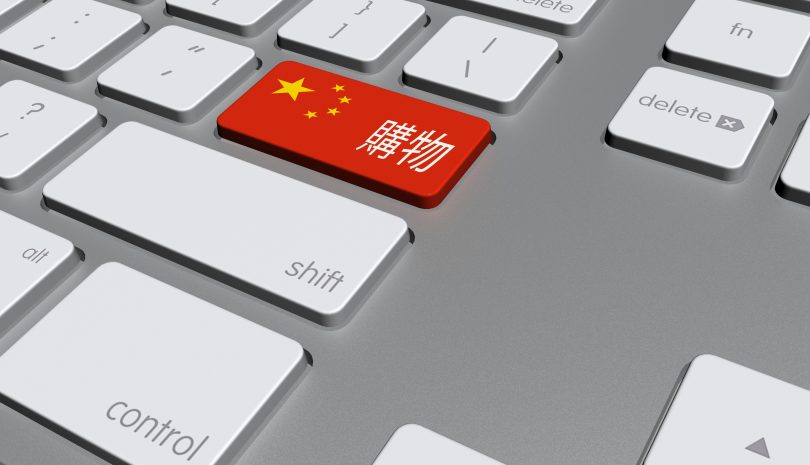Foreign goods boost China’s booming e-commerce market

China cross-border e-commerce will hit $85.76 billion this year, up from $57.13 billion last year, as 40 per cent of China’s online consumers buy foreign goods, according to new analysis by digital marketing researcher eMarketer.
Each of China’s digital shoppers this year will spend an average of $473.26 on foreign goods, up from $446.33 last year, the company estimates. It believes that by 2020, half of China’s digital shoppers – or more than a quarter of the country’s population of about 1.4 billion – will be buying foreign products online, with total sales of $157.7 billion.
It says the growth is part of an overall increase in online shopping in China, which soared more than 70 per cent in 2015 to $672.01 billion, driven in part by a higher standard of living and the advent of global digital sales platforms such as Alibaba’s Tmall Global, launched in 2014.
These business-to-consumer, or B2C, platforms let international brands sell directly to China’s digital shoppers. Online retail is still the easiest channel for consumers to obtain products that are otherwise hard or expensive to access within China.
Cross-border e-commerce is still growing despite a tax on overseas purchases being introduced in April, says eMarketer analyst Shelleen Shum. While it increases prices slightly for some product categories such as jewellery and infant formula, “the demand for foreign goods via the cross-border e-commerce channel is still expected to remain strong because of better prices compared to offline retailers, perceived quality and better variety,” she said.
B2C channels are also integral to the growth of foreign goods sales in China because they help customers feel they are getting more bang for their buck, says Shum. B2C platform sales are expected to take up a growing share of the cross-border e-commerce this year as consumers shift to channels they regard as more professional and organised.
“As the merchants selling on these B2C platforms have to be authorised, they are considered more trustworthy.”
This story first appeared on sister site, Inside Retail Asia.
Comment Manually
You must be logged in to post a comment.

No comments